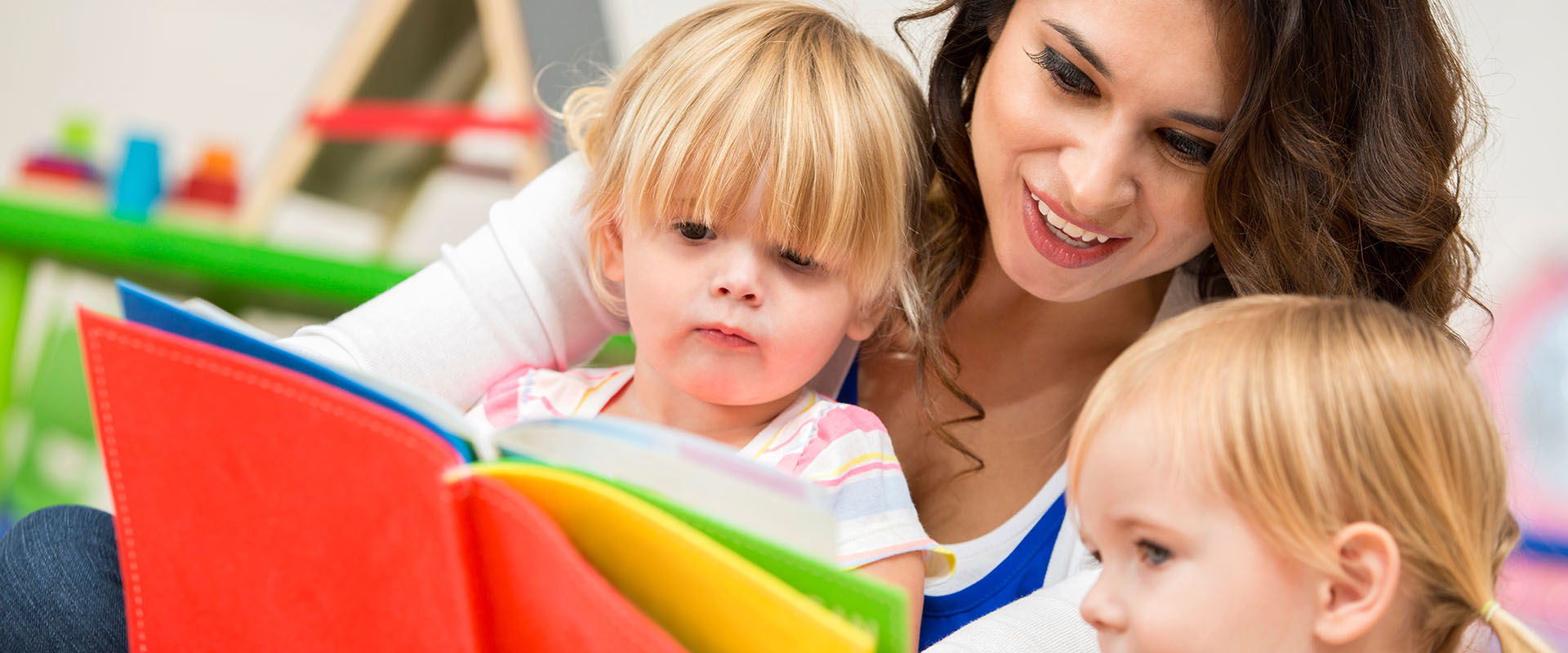How to Inspire and Encourage Your Child to Read for Pleasure

We know from talking to many of our parents that often the biggest challenge is not simply getting their child to read at home, but to enjoy reading too! Often children will read a book set at primary school, but might be reluctant to pick up a book to read at home for pleasure. But the question "does your child read for pleasure?" is a phrase that can be surprisingly hard to define.
What Does Reading for Pleasure Mean?
Reading for pleasure is something that we do of our own free will and get satisfaction from. Sometimes, someone might have originally asked us to read something, but we continue because we're interested in it. According to Oxford Owl, research shows that reading for pleasure can be directly linked to children’s success throughout their time at school and even into adulthood. It can also improve their wellbeing and empathy, giving them an insight into the world and views of others.
For children, reading for pleasure is reading that goes beyond their teacher's reading expectations and is done to fuel their own curiosity and enjoyment.
Why is It Important to Read for Pleasure?
There are plenty of benefits for those who enjoy curling up with a book. A report carried out for The Reading Agency revealed convincing evidence that reading for pleasure can increase empathy, improve relationships with others, reduce the symptoms of depression and improve wellbeing throughout life.
Reading for pleasure has also been positively linked with an increase in the following literacy-related benefits for children:
- Reading attainment, phonics, and writing ability
- Text comprehension and grammar
- Improved spelling
- Breadth of vocabulary
- Greater self-confidence as a reader
- Greater all-round academic success
Despite so many positive links, over recent years there has been a definite decline in children picking up a book outside of school. Some parents fear that the increased access to technology, like tablets and games consoles, has got in the way of children's traditional love of reading.
However, we can actually use technology to help capture children's interest in books. Most children see using a tablet as a fun activity and therefore accessing literature in this way can increase their enjoyment and confidence, resulting in a positive impact on their reading.
Reading for Pleasure KS2 Book Recommendations
The main thing to remember when helping your child find a book to read at home is to focus on their interests and passions. When children choose their own reading material, they tend to be more motivated, so it helps if they lead the process.
From animals to action and adventure, here are some ideas to get you started...
Year 3
- Fantastic Mr Fox - Roald Dahl
- The Invisible Boy - Trudy Ludwig
- My Secret Unicorn - Linda Chapman
- The Adventures of King Arthur - A Wilkes
- Revolting Poetry to Make You Squirm - Susie Gibbs
Year 4
- The Village Dinosaur - Phyllis Arckle
- The Snow Spider Trilogy - Jenny Nimmo
- Awful Auntie - David Walliams
- The Roman Mysteries: The Thieves of Ostia - Caroline Lawrence
- Earth Giant - Melvyn Burgess
Year 5
- The Hundred and One Dalmations - Dodie Smith
- Holes - Louis Sachar
- The Spud from Outer Space - Susan Gates
- War Boy - Michael Foreman
- Northern Lights - Philip Pullman
Year 6
- The Breadwinner series - Deborah Ellis
- Kensuke's Kingdom - Michael Morpurgo
- The Diary of Anne Frank
- Killer Mushrooms Ate My Gran - Susan Gates
- Lionboy - Zizou Corder
What is the Best Way to Promote Reading for Pleasure?
The UK literacy school curriculum includes a focus on reading a wide range of texts to encourage reading and discussion. We know that certain elements promote a love of reading, such as freedom to choose reading materials, access to a variety of texts and quiet, comfortable places to read, and a calm environment.
Ideas for Supporting Reading for Pleasure
Looking for some fun ways to engage reluctant readers? Here are some ideas...
- Start a reading challenge - each book or chapter completed wins them a prize or a fun activity.
- Let them choose their own reading material from https://www.gov.uk/local-library-services.
- Try introducing your child to graphic novels or visually stimulating books to draw them into the story.
- Use technology to get them interested - from reading short stories on a tablet or e-reader to watching the film alongside reading the book (encourage them to read the book first though).
- Try reading aloud with your child to help bring stories to life.
- Encourage them to find books about their passions - from inspiring historical figures to books about their hobbies. If they are already interested in the subject matter, they might be more likely to develop a love of reading.





